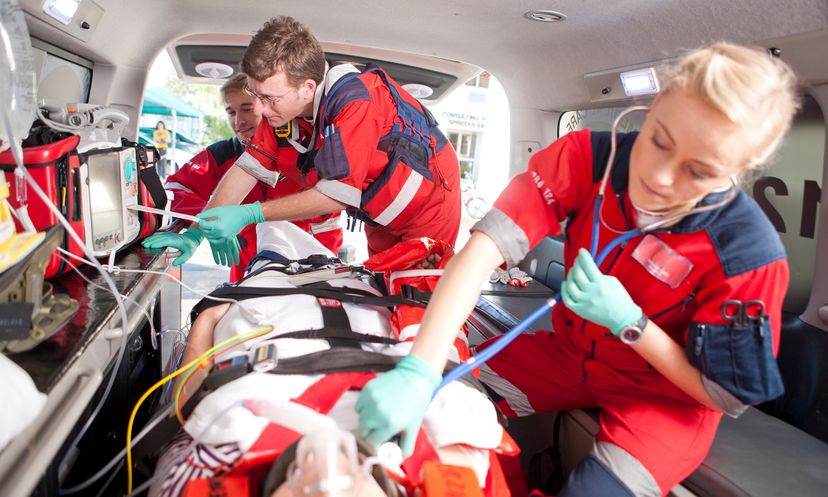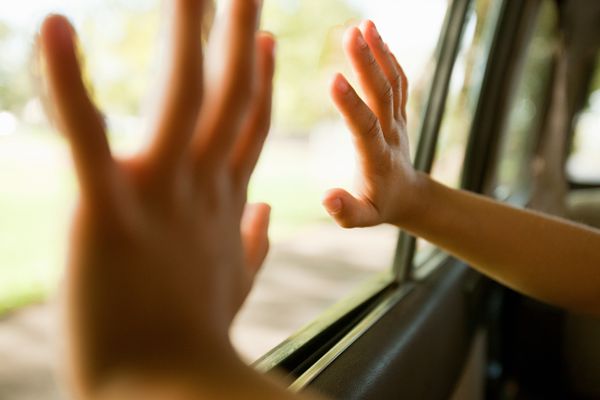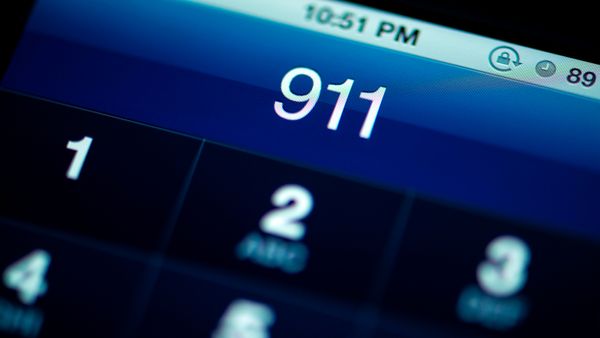
The number "911" is the universal emergency number in the United States. In 2017, approximately 240 million calls were made to 911, according to the National Emergency Number Association (NENA).
Prior to 1968, there was no standard emergency number. People called the numbers of the nearest police station or fire department when they had an emergency. As far back as 1957, the National Association of Fire Chiefs recommended the use of a single number for reporting fires.
Advertisement
Choosing 911 as the universal emergency number was not an arbitrary selection, but it wasn't a difficult one either. In 1967, the Federal Communications Commission (FCC) met with AT&T to establish such an emergency number. They wanted a number that was short and easy to remember. More importantly, they needed a unique number, and since 911 had never been designated for an office code, area code or service code, that was the number they chose.
Soon after, the U.S. Congress agreed to support 911 as the emergency number standard for the nation and passed legislation making 911 the exclusive number for any emergency calling service. A central office was set up by the Bell System to develop the infrastructure for the system.
On Feb. 16, 1968, Alabama Senator Rankin Fite made the first 911 call in the United States in Haleyville, Alabama. The Alabama Telephone Company carried the call. A week later, Nome, Alaska, implemented a 911 system. In 1973, the White House's Office of Telecommunication issued a national statement supporting the use of 911 and pushed for the establishment of a Federal Information Center to assist government agencies in implementing the system.
After its initial acceptance in the late 1960s, 911 systems quickly spread across the country. By 1979, about 26 percent of the United States population had 911 service, and nine states had passed legislation for a statewide 911 system. Through the latter part of the 1970s, 911 service grew at a rate of 70 new local systems per year, according to the NENA. Approximately 50 percent of the U.S. population had 911 service by 1987. By 1999, about 95 percent of the U.S. population was covered by 911 service. 911 works for both landline and wireless calls.
Advertisement

